To stimulate tourism, since the beginning of March, the Prime Minister has assigned the ministries of Foreign Affairs , Public Security and Culture, Sports and Tourism to study appropriate visa policies, especially with countries with traditional friendly relations, and at the same time diversify visa exemptions with a number of countries.
As a result, in the first 3 months of this year, Vietnam attracted more than 6 million international visitors to Vietnam, exceeding the same period in 2019. However, compared to countries in the region such as Thailand or Malaysia, Vietnam's visa policy is still quite cautious and restrictive.
Priority for rich guests
At the workshop "Which tourists should Vietnam exempt from visas?" held on April 24, Mr. Vo Anh Tai, Deputy General Director of SaigonTourist Group, commented that there are currently a number of countries in the leading tourism market with potential but not exempted from visas, and recommended considering priority to have policies to simplify procedures and exempt visas.
Those markets are China, the US, India, Australia, New Zealand, and the Middle East. These are markets with large sources of visitors, high spending, or potential markets that we are targeting. If we do not yet exempt visas completely, he suggested that we should consider selective exemptions so that the tourism industry can seek, take advantage of, and exploit this potential market.
The subjects considered for visa exemption proposed by Mr. Tai include leading experts, elites, and billionaires with high spending levels.
In addition, with a long-term visa, the period needs to be extended from 5-10 years, with the possibility of a longer extension than the current 1-2 years.
Mr. Nguyen Quang Trung - Head of Development Planning, Vietnam Airlines Corporation, said that in the current period, attracting high-value customers is more important than quantity. This is a group of customers with high spending ability, long-term stay and high return rate.
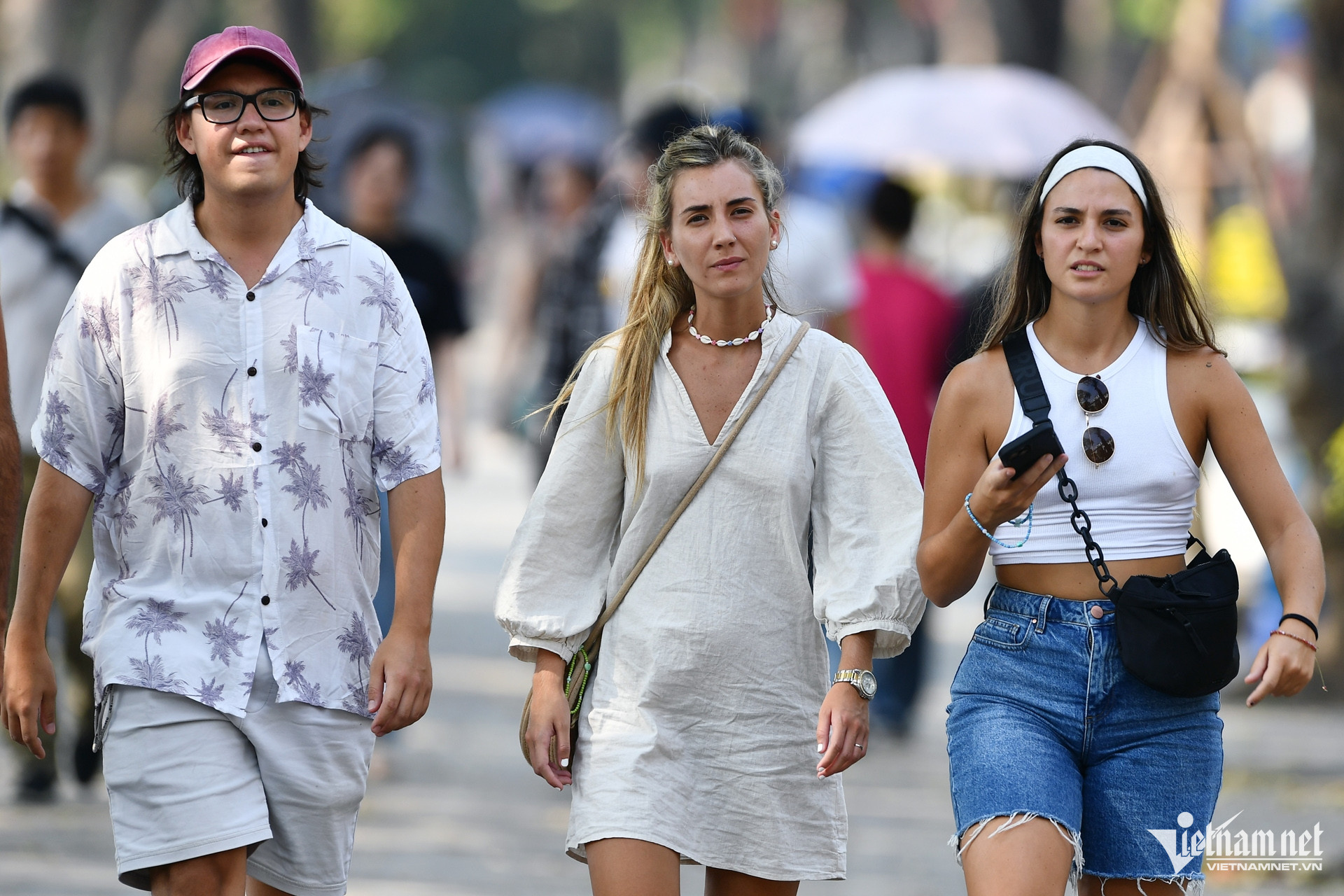
This is also the target to help increase aviation exploitation efficiency, expand international flight network and enhance national competitiveness.
Therefore, Mr. Trung proposed a pilot 12-month short-term visa exemption for citizens of countries and territories such as China, Hong Kong, Taiwan (China) and India.
At the same time, it is proposed to extend the visa exemption period to 90 days for visitors from Europe, North America, Australia and issue long-term visas of up to 24 months for investors and experts. In addition, it is necessary to simplify the e-visa process and shorten the processing time to less than 24 hours.
“International tourism must be considered an ‘on-site export’ industry that brings in large foreign currency revenues and needs to be ‘untied’ to develop to its full potential,” Mr. Trung emphasized.
Focus on strategic markets
Ms. Nguyen Thu Thuy - Marketing Director of Vingroup Corporation, proposed prioritizing visa exemption for strategic markets with outstanding potential.
According to Ms. Thuy, first of all, it is necessary to prioritize and plan visa exemption for strategic market groups with potential and real room for growth. These are market groups with high spending customers, long stay and rapidly changing travel behavior such as Australia, New Zealand...
Next is the market group that tends to take long vacations and is not afraid to pay for high-end experiences. Typically, these are the Nordic countries such as Norway, Sweden, Finland and Denmark.
Next is a group of emerging markets characterized by tourists who like long stays, are willing to spend and seek sunny destinations to avoid winter, such as Kazakhstan, Uzbekistan, Kyrgyzstan, Azerbaijan and Mongolia.
“Vietnam, with its rich island resort ecosystem, can completely compete if its visa policy is flexible enough,” said Ms. Thuy.
Finally, there is a group of particularly potential markets from the Gulf countries, such as the UAE, Qatar and Saudi Arabia. Although the number of visitors is not large, this is a group with very high spending power and high demand for high-end services.
Ms. Nguyen Thu Thuy also proposed a "conditional visa exemption" model - linked to specific tourism products. For example, visa exemption should only be applied to tourists who register for package tours, stay at licensed establishments, have a clear itinerary and travel with reputable international travel companies.
“This model has been successfully applied in Thailand and Saudi Arabia, helping to control customer quality, increase spending and ensure security,” she shared.
Ms. Thuy also proposed a flexible testing policy - seasonally or campaign-wise. That is the “Visa Sandbox” model, applied in destinations with good tourism infrastructure and management such as Phu Quoc, Nha Trang or Ha Long.
Seasonal testing or linking to communication campaigns will help assess real-world effectiveness, and then scale the policy nationwide if appropriate.
Sharing the same view, Ms. Dong Ngoc Anh - Deputy General Director of SunGroup Corporation proposed to build a visa policy specifically for Phu Quoc.
Currently, Phu Quoc is applying a 30-day visa exemption for all international visitors. However, Ms. Anh said that it is possible to consider increasing the visa exemption period to 90 days, meeting the needs of long-term stays of visitors, especially in winter.
She also recommended piloting visa issuance at border gates for large groups of visitors, high-end visitors, visitors from target markets, retirees or investors in the tourism and technology sectors - those that bring high economic value and low security risks.
In addition, experts say that to welcome a large number of visitors, increase the rate of returning visitors and high spending, in addition to expanding visas, Vietnam needs to focus on improving service quality, developing attractive tourism products and enhancing international communication.

Source: https://vietnamnet.vn/diem-mat-thi-truong-khach-du-lich-nha-giau-khong-ngai-chi-tra-dich-vu-cao-cap-2394683.html


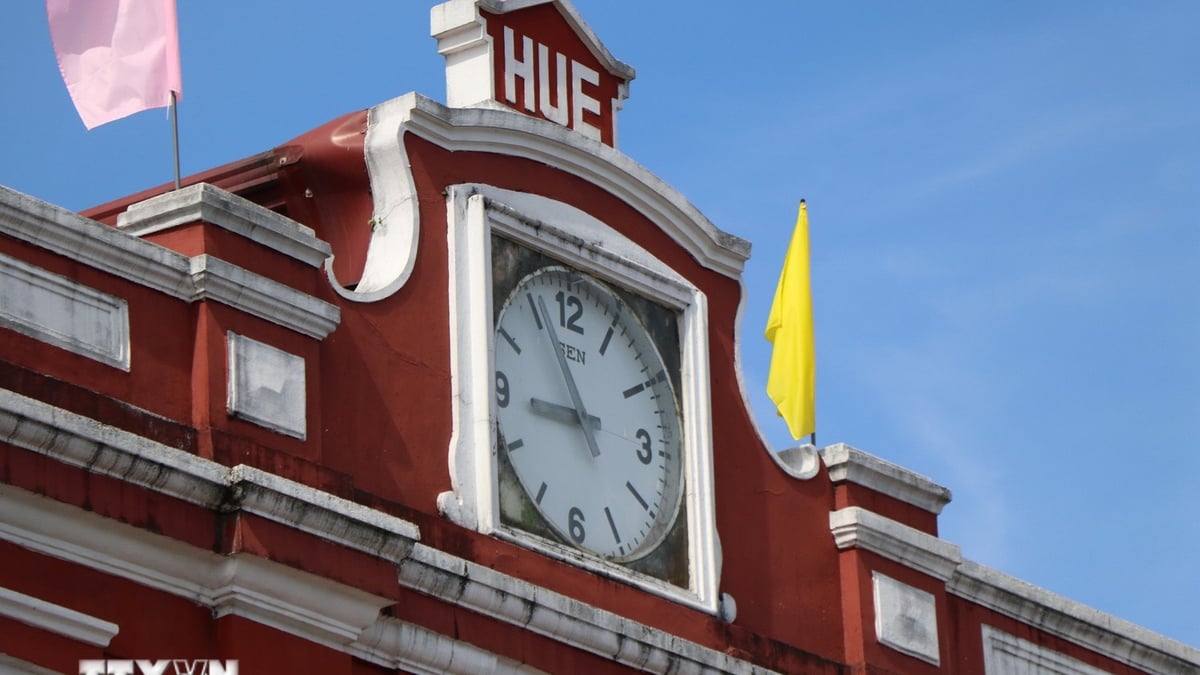
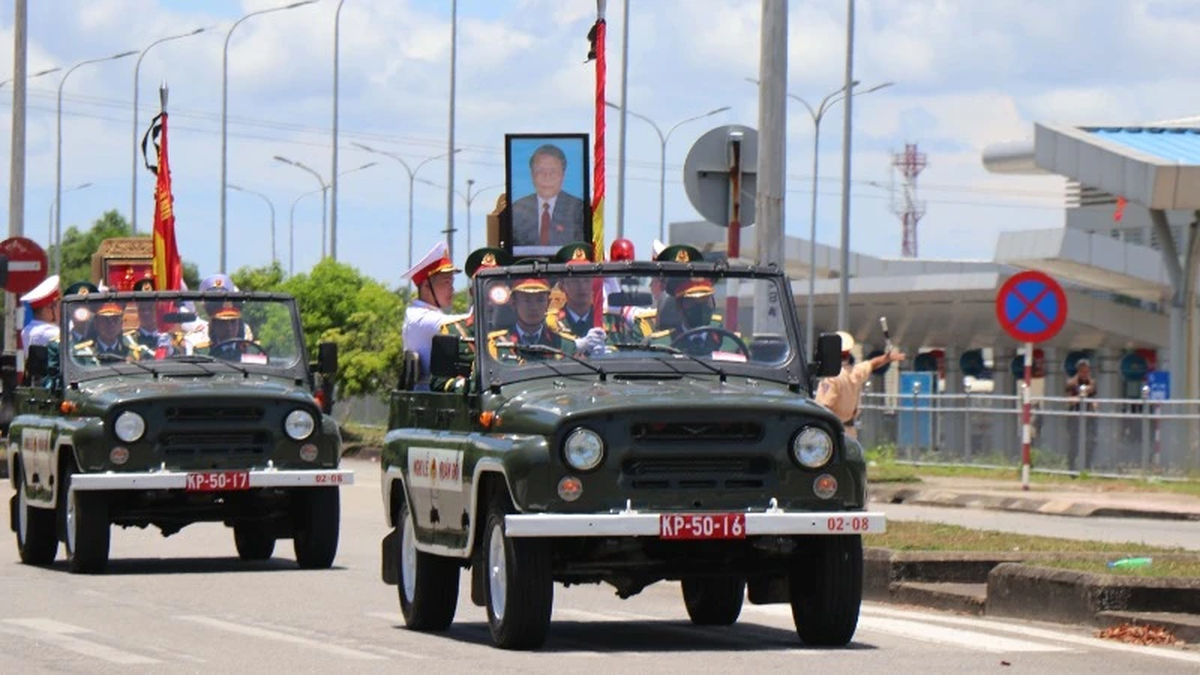
![[PHOTO] Hanoi fences off demolition of "Shark Jaws" building](https://vphoto.vietnam.vn/thumb/1200x675/vietnam/resource/IMAGE/2025/5/25/1b42fe53b9574eb88f9eafd9642b5b45)
![[Photo] Funeral of former President Tran Duc Luong in Quang Ngai](https://vphoto.vietnam.vn/thumb/1200x675/vietnam/resource/IMAGE/2025/5/25/ccf19a3d8ea7450bb9afe81731b80995)
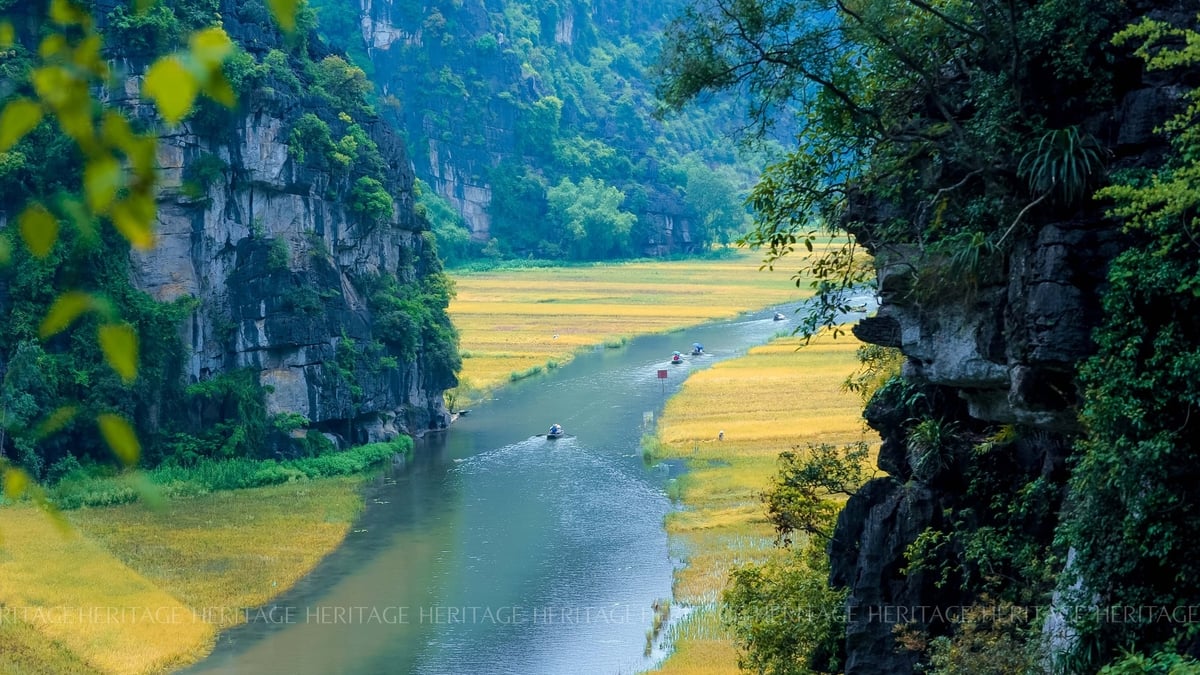
![[Photo] Welcoming ceremony for Prime Minister Pham Minh Chinh and his wife on an official visit to Malaysia](https://vphoto.vietnam.vn/thumb/1200x675/vietnam/resource/IMAGE/2025/5/25/dc30203c3ae24da3990266ec3b29bb2d)




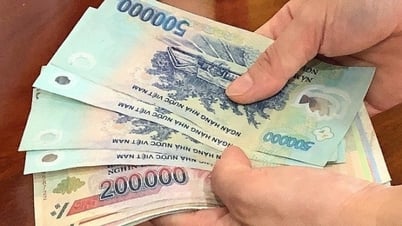



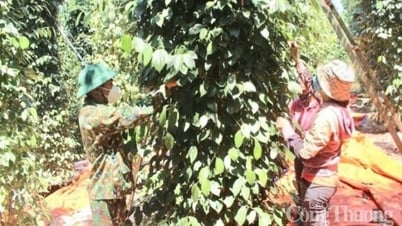
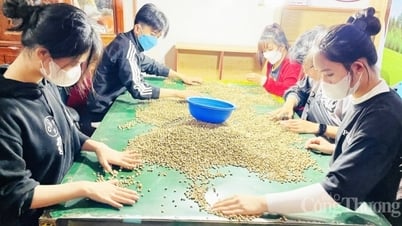






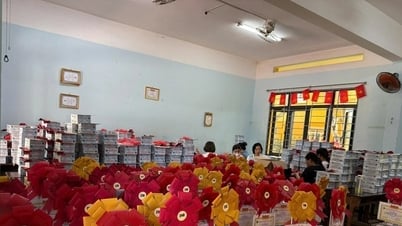
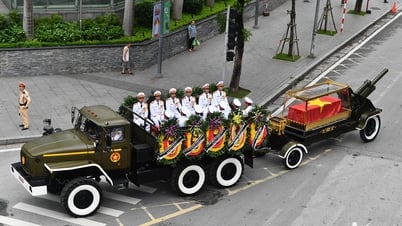
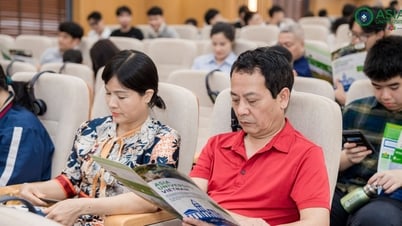

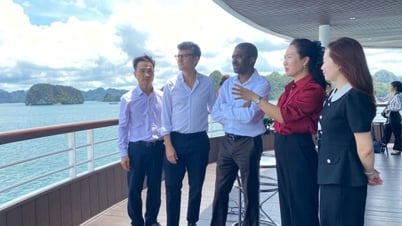

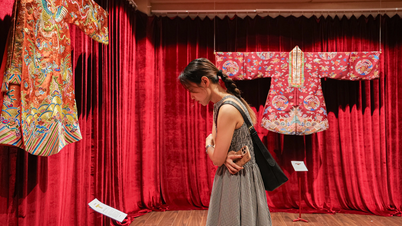









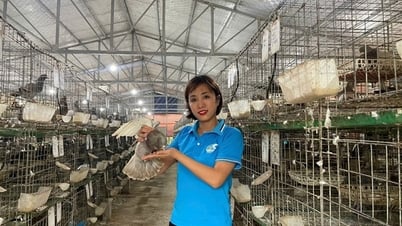

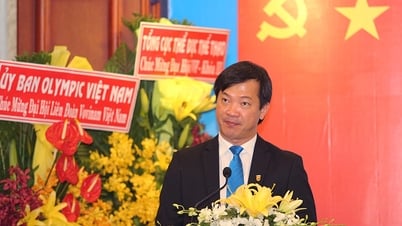












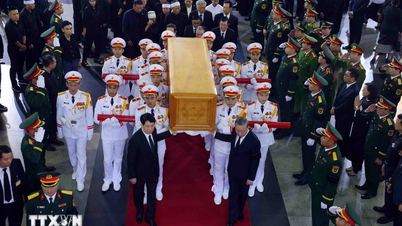
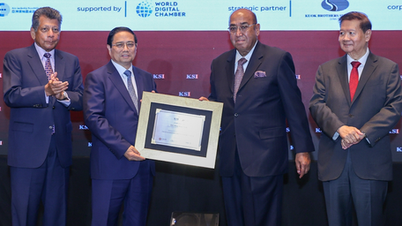
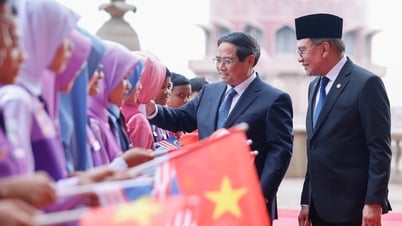




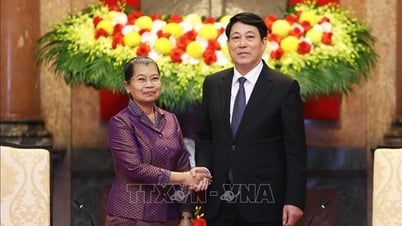

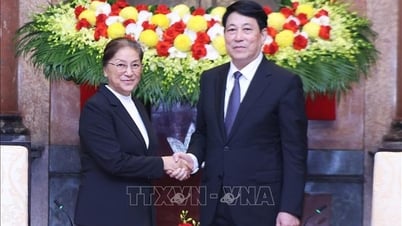





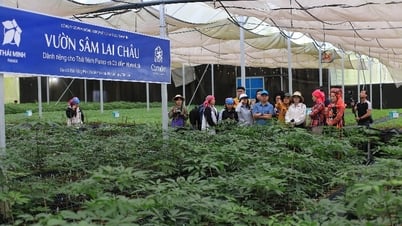

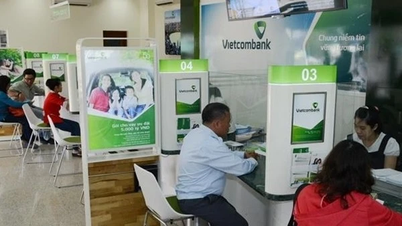

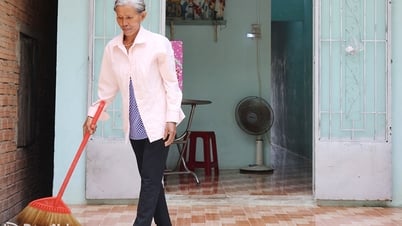

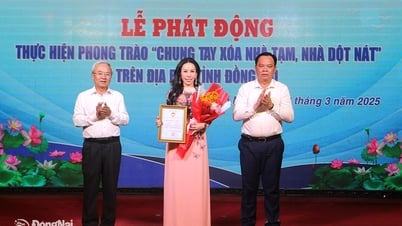

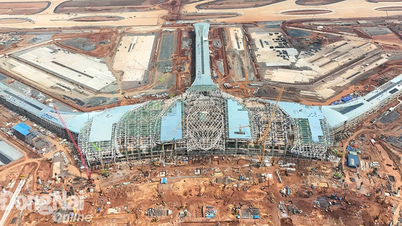
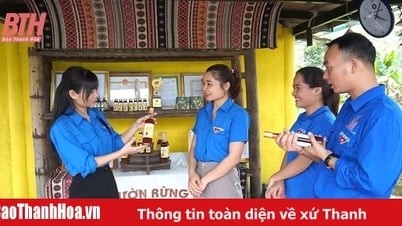

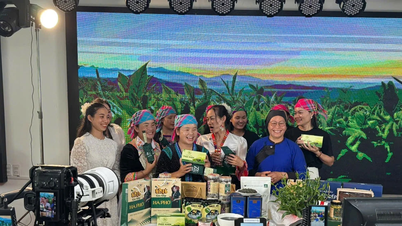







Comment (0)